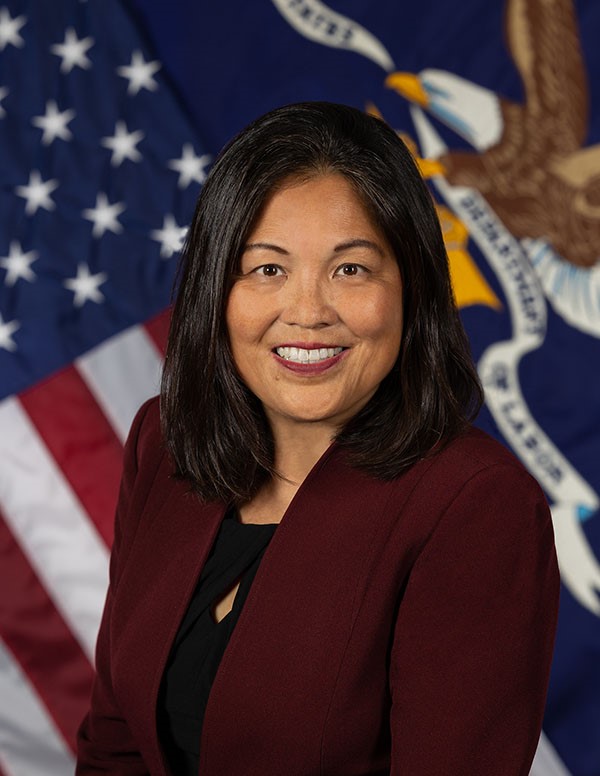In response to numerous questions posted by House Education and the Workforce Committee members, Acting Labor Secretary Julie Su told the lawmakers that the Labor Department is committed to moving forward on a new rule. 
“Our concern consistently has been and continues to be with financial arrangements that can present conflicts of interest and the unlevel playing field that exists for different kinds of companies that give investment advice,” the Acting Labor Secretary told the lawmakers. “These companies have different regulatory obligations, even though they are all providing retirement investment advice. This unlevel playing field creates problems for both workers and companies.”
The 52-page questions-and-answer document comes following a June 2023 hearing by the Committee that examined the Department of Labor’s (DOL) policy priorities, where Su faced pushback on everything from apprenticeship programs to child labor laws to California’s AB 5 changing the state’s worker classification laws.
Concerning the fiduciary rulemaking aspect, Su was asked several follow-up questions, including, for example:
- Why the DOL is persistent in creating a separate regulatory scheme, given the actions taken by the Securities and Exchange Commission (SEC) and the National Association of Insurance Commissioners;
- Why the DOL didn’t continue with its appeal of its February 2023 loss in American Securities Association v. DOL that overturned an FAQ issued by the DOL; and
- How the DOL will provide the retirement community with certainty regarding who is an investment advice fiduciary.
In response, Su explained that the guidance project continues to be a priority, noting that it has been on the DOL’s semi-annual regulatory agenda and that a draft proposal was sent to the White House Office of Management and Budget (OMB) for review on Sept. 8.
Rehashing what is listed on the regulatory agenda, Su noted that the project is:
“focused on amending the regulatory definition of the term fiduciary set forth at 29 CFR 2510.3-21(c) to more appropriately define when persons who render investment advice for a fee to employee benefit plans and IRAs are fiduciaries within the meaning of section 3(21) of ERISA and section 4975(e)(3) of the Internal Revenue Code.”
The Acting Labor Secretary further stated:
“We intend that the amendment will take into account practices of investment advisers, and the expectations of plan officials and participants, and IRA owners who receive investment advice, as well as developments in the investment marketplace, including in the ways advisers are compensated that can subject advisers to harmful conflicts of interest.”
Su added that, as part of the rulemaking, EBSA is also evaluating available prohibited transaction class exemptions and whether to propose amendments or new exemptions to ensure consistent protection of employee benefit plan and IRA investors.
Concerning how the DOL’s actions might intrude on actions taken by the SEC, Su noted that the DOL is coordinating with the Treasury Department/IRS and separately working with the SEC to “ensure that any new fiduciary rule appropriately reflects the changes that the financial services industry has made to comply with the SEC’s Regulation Best Interest.”
The Acting Labor Secretary also advised that, while the DOL is not appealing the decision in American Securities Association v. United States Department of Labor, they are continuing to evaluate their options.
At present, the DOL’s draft fiduciary rule remains on the OMB regulatory review dashboard, meaning it is still under review. The OMB generally has up to 90 days to vet the guidance and either approve it for release or send it back for modifications. Note that there is no minimum period for review.
- Log in to post comments
